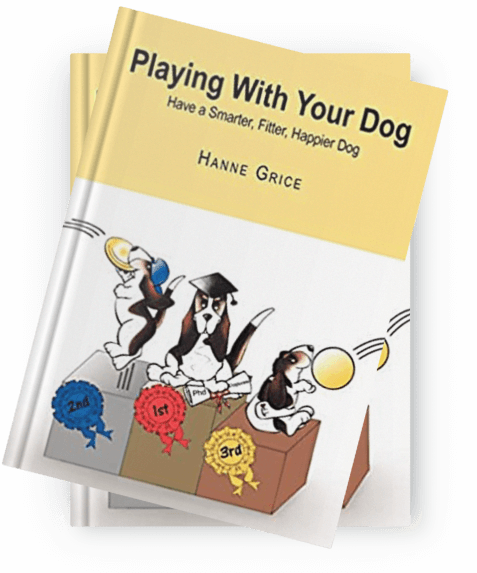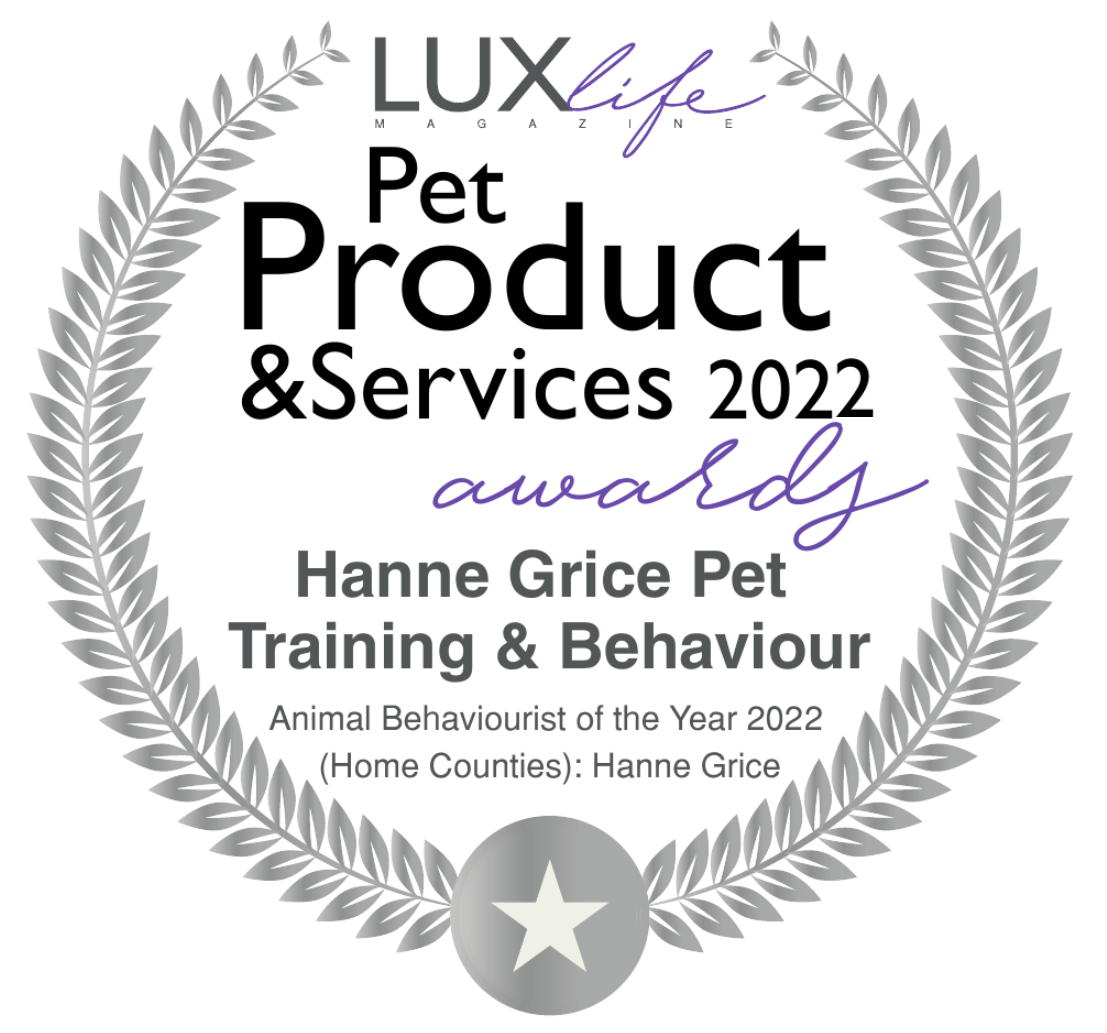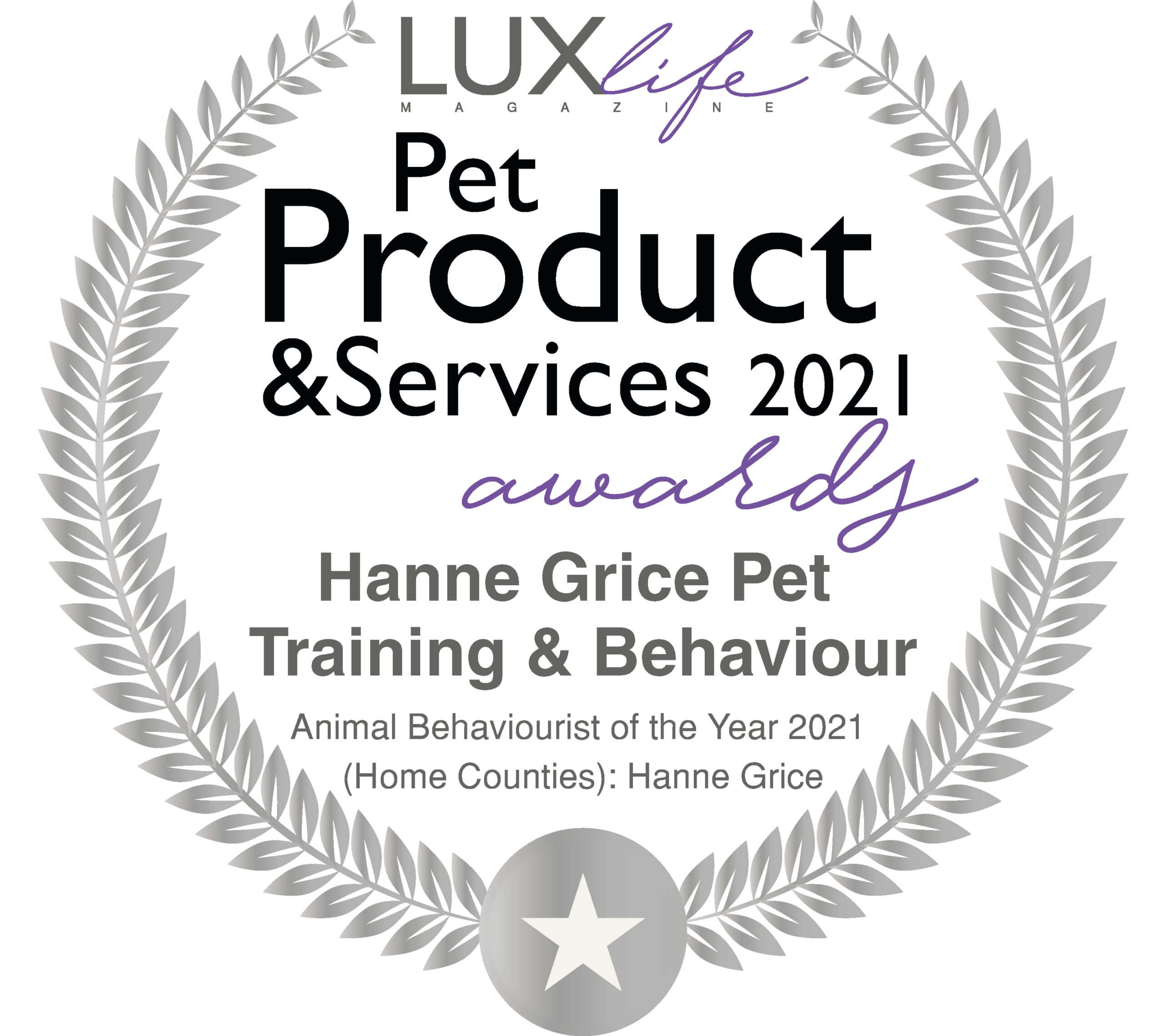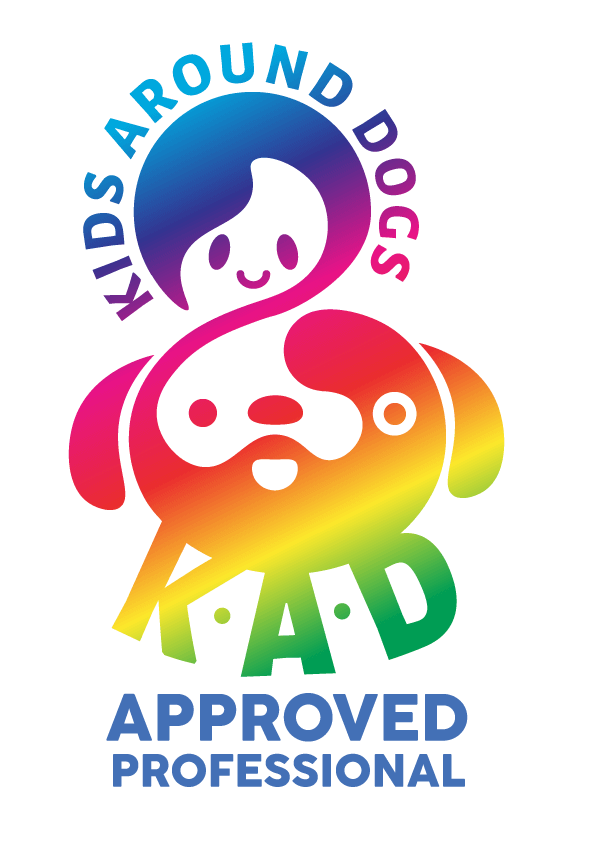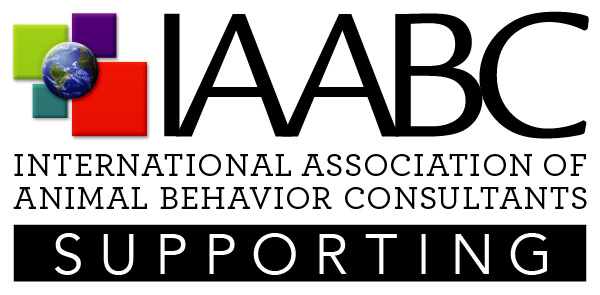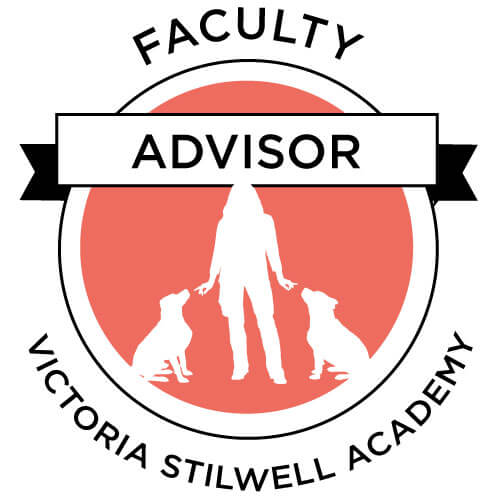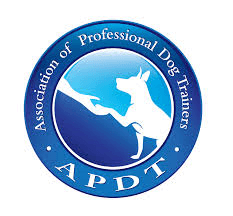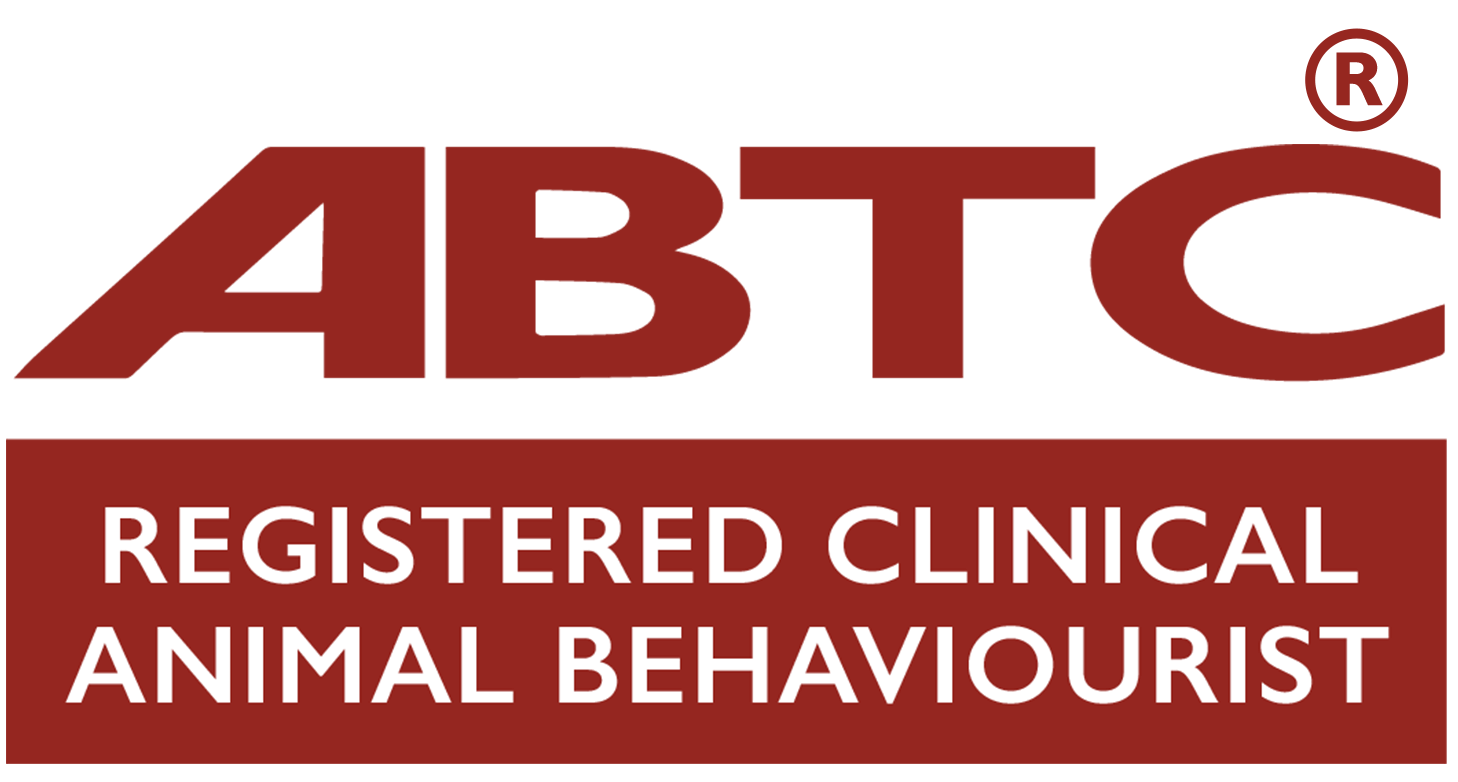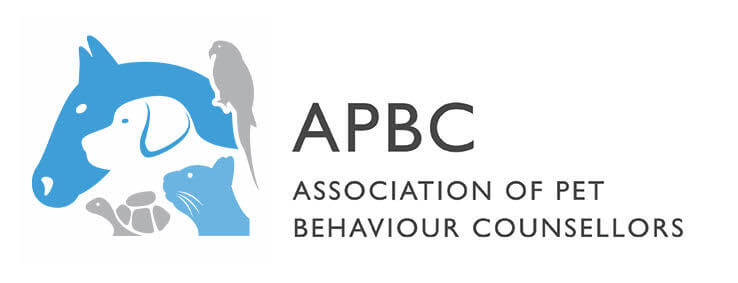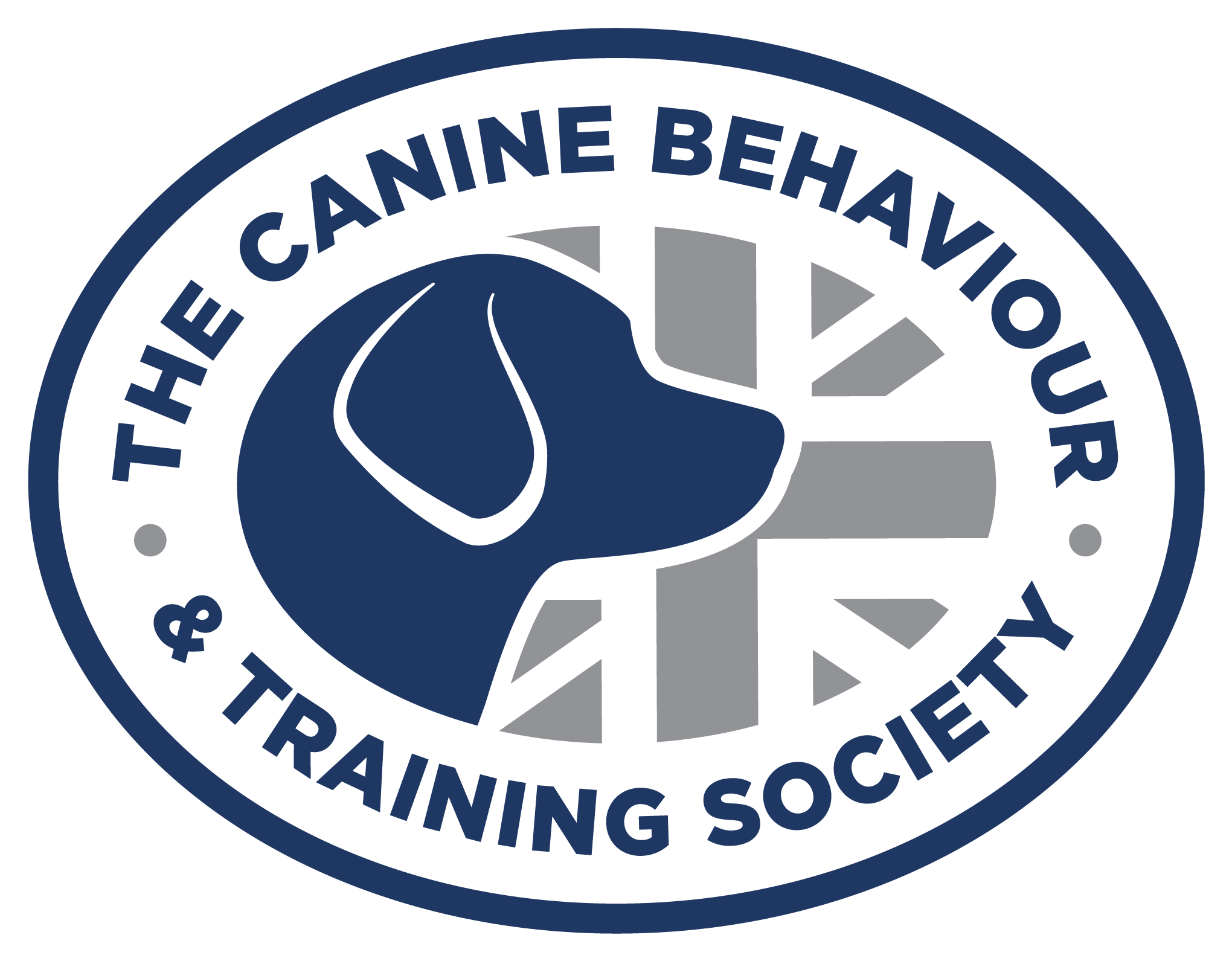Easter is a time for celebrating with family and friends, but it can also be a time of potential hazards for pets. From toxic plants to chocolate eggs, there are many dangers that can harm our furry companions. In this article, we will explore some of the most common hazards for pets during Easter and provide advice on how to keep them safe. Download my infographic below.
Poisonous Plants
Many popular Easter plants, such as lilies, daffodils, and tulips, can be toxic to pets. Lilies are especially dangerous to cats, as ingestion can cause kidney failure. Symptoms include vomiting, loss of appetite, lethargy, and increased urination. Daffodils and tulips can cause stomach upset, vomiting, and diarrhoea in both dogs and cats. Other plants to watch out for include azaleas, hyacinths, and chrysanthemums.
To keep your pets safe, it’s best to avoid bringing these plants into your home. If you do have them, make sure they are out of reach of your pets, and consider using artificial flowers instead. If you suspect that your pet has ingested a poisonous plant, contact your veterinarian immediately.
Chocolate and Other Foods
Easter is a time for indulging in sweet treats, but many of these foods can be dangerous for pets. Chocolate, in particular, can be toxic to dogs and cats. Theobromine, a chemical found in chocolate, can cause vomiting, diarrhoea, hyperactivity, seizures, and even death in severe cases. Other foods to watch out for include raisins, grapes, onions, garlic, and xylitol, a sugar substitute commonly found in sugar-free gum and candy.
To keep your pets safe, make sure all chocolate and other sweets are stored out of reach of your pets. Consider keeping them in a cupboard or high shelf. If you have children in the house, teach them to do the same. Be sure to dispose of any chocolate wrappers or other packaging promptly, as pets may be attracted to the smell.
Easter Decorations
Easter decorations, such as plastic grass, ribbons, and small toys, can pose a choking hazard to pets. They may also cause intestinal blockages if ingested. Keep all decorations out of reach of your pets, and supervise them closely when they are around any Easter-themed items.
Traveling with Pets
If you plan to travel with your pet during Easter, make sure they are up to date on all their vaccinations and have any necessary medications. Bring plenty of food and water for the journey, and make sure your pet is secure in their carrier, for dogs – in a travel crate or secured area of the car – see the Highway Code for more.
Visitors, chill out zones and calming aids
Some of us may be hosting loved ones this Easter – this can lead to lots of excitement or even scariness for our pet, depending on our animal’s character and previous learning experiences. Visitors can, for some, cause upset in our pet’s routine and even stress in some cases. For example, well-meaning visitors may unwittingly scare our animals when they ‘dive in’ to say “hello” enthusiastically. Instead, encourage your visitors to leave your pet alone until everyone has settled down, then call your pet over, offering a low hand to the ground – this gives our pet choice as to whether they do want to interact or not. Click here to read more about Canine Choice.
If your dog has a tendency to jump up at visitors, then have him on a lead and plenty of food to hand and create space away from the visitor. Reward your dog for remaining on all four paws (check out our article on jumping up). Using barrier systems such as baby gates, dog panels and pens can be a great way to deal with visitor arrivals and exits safely, as well as use when you come to sit down for your Easter meal. Encourage your dog to settle down in their chill out zone by providing plenty of scrummy stuffed food puzzle toys and ensure this zone is well-established before Easter comes by feeding and encouraging nap times in there. If you have visitors who are uneasy with animals or young children are visiting, then it’s best to keep your pets away altogether for the short time they are there to avoid getting our pets getting into a pickle. To help your pet with this, ensure they’ve had exercise prior to the visitor’s arrival, such as a long walk for your dog or a good play with your cat. This means your four-legged friend can then settle in this chill out zone having expended some energy. Pop on some calming music in the chill zone to mask the sounds of excited visitors and again, provide your dog with well-packed food puzzle toys, or hide treats around the room for your cat.
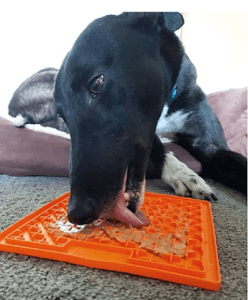
Help keep things calm by purchasing pheromone sprays or plug-ins such as Feliway for cats and Adaptil for dogs and have this in the chill out zone, and also pop an old t-shirt you’ve worn onto your pet’s bed to provide emotional comfort.
Other calming aid options you could consider include nutraceuticals (supplements that can help pets to relax such as NutraCalm, YuCalm, CalmEx, Serene-Um and Zyklene), and Dr Bach’s Rescue Remedy For Pets, which can be placed either into your pet’s water or onto a treat. Do speak to your vet about the use of nutraceuticals.
If your pet is distressed by loud noises, visitors and or demonstrates any other anxiety-related behaviour, then ensure you speak with your vet about behavioural medicines pending the outcome of a health check. A full health check is required to rule out any potential pain/discomfort as this is strongly associated with noise fears, over-reactive behaviour, touch sensitivity and more – see Mills et al. (2020). If your pet needs pharmacutical support whether it is for health reasons or behavioural, then do ensure you have enough medication to cover your pet over the Easter celebrations.
Remember, if you are experiencing any behavioural issues, please do seek the support of a registered certified behaviourist to help you and your pet – the best results are typically where there is an appropriate behaviour modification plan in place, supported by medical management. Check out the list of Practitioners listed under the Animal Behaviour and Training Council’s website.
Easter can be a fun and festive time for pets and their owners, but it’s important we take precautions to keep all parties safe. Avoid bringing poisonous plants into your home, store all chocolate and sweets out of reach, supervise your pets around Easter decorations, establish great management for visitor arrivals and around any visitor-pet interactions, and take necessary precautions when travelling. By following these tips, you can ensure that your pets stay healthy and happy during the Easter holidays.
Have a lovely Easter.
Learn more about our classes
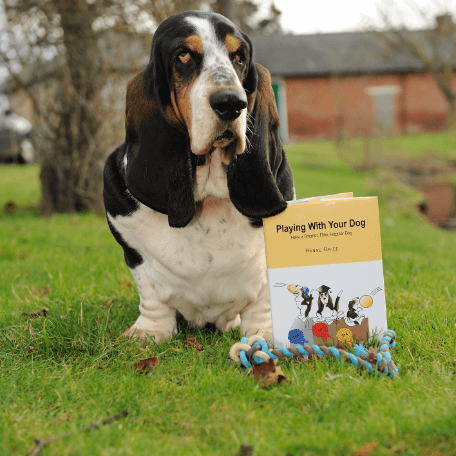
Get Hanne's Book
Playing With Your Dog will help any dog owner work out the games that are best suited for their pet to play throughout his life, from puppyhood to old age. The book also shares some tricks for all ages, group activities, and recommended toys that dogs will enjoy.
